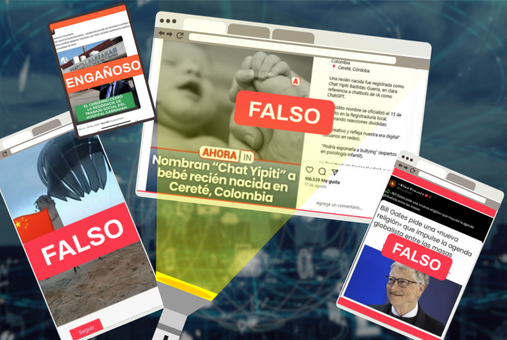
With help from MediaFact Latam’s mentorship program, outlets with scarce resources are building flexible teams to take on bot farms and fake videos.

A new study shows 47% of Chile’s towns lack sufficient local journalism. But in the south, online outlets are informing communities with local news and investigations.
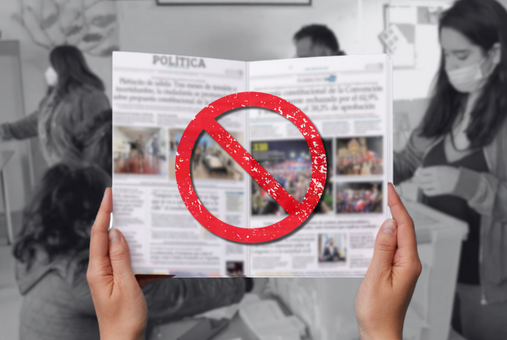
A study conducted as Chileans voted on a new constitution in 2022 found that false information – magnified by newspapers and TV programs – influenced the outcome of the referendum.
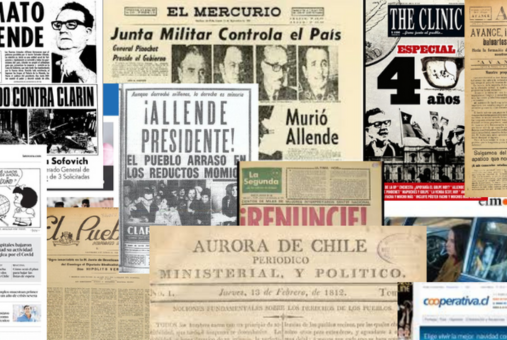
In the book “Historia del Periodismo en Chile. De La Aurora a las Redes Sociales” ("History of journalism in Chile: from La Aurora to social media"), author Alfredo Sepúlveda explains over more than 500 pages how tensions between media, journalists and political power permeate the entire history of journalism in the country.
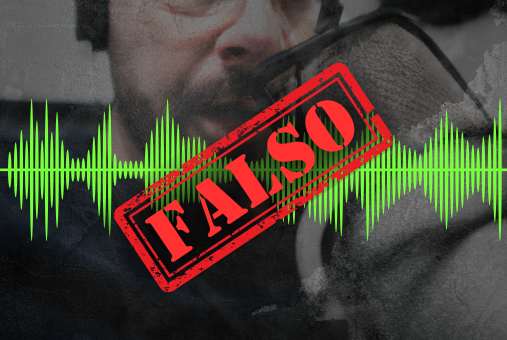
After presenting VerificAudio, an AI tool to detect manipulated audio material and combat disinformation, the PRISA media group will begin using it in its news stations in Spain, Mexico, Colombia and Chile. It’s also considering collaboration with other media that are interested in the tool.
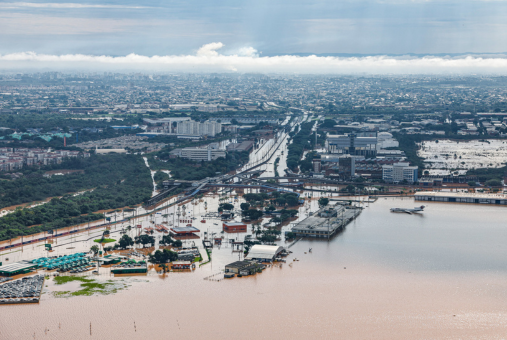
Between May 2 and 4, more than 2,500 people met in Santiago, Chile, for UNESCO’s 31st World Press Freedom Day Conference, with the theme “A Press for the Planet: Journalism in the face of the Environmental Crisis.” The event addressed challenges such as climate misinformation, threats to press freedom and the dangers faced by journalists, especially women, in doing this kind of reporting.

Digital media outlets CIPER (Chile), Agência Pública (Brazil) and La Antígona (Peru) have innovative financing models involving their audiences that have allowed them simultaneously to support themselves financially and strengthen their bonds with readers. These media shared 10 strategies to optimize reader contributions.

Through data journalism, effective interview techniques and innovative dissemination strategies, these reports by Meganoticias (Chile), Red Es Poder (Mexico) and a team of independent journalists from Cuba have stood out for showing the severity of the obstetric violence suffered by thousands of women in the region.

The cases of Brazilian journalist Schirlei Alves and Chilean journalist Felipe Soto Cortés reveal the impact of the criminalization of defamation on press freedom in Latin America. A ruling by the Inter-American Court of Human Rights against Chile points the way to combating the use of criminal law to silence journalists in the region.
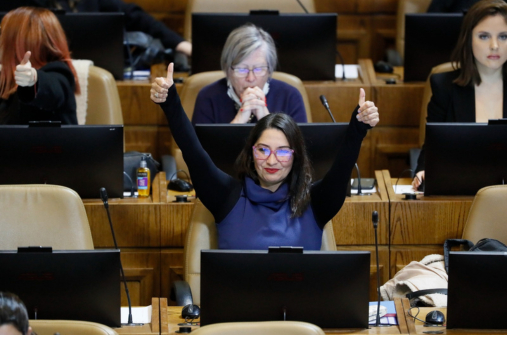
Fifty years after the coup in Chile, the Chilean National Congress is moving forward with legislation to regulate the protection of journalists and communications workers. Thus, the South American country is at the forefront in this matter at the international level.

Marking the 50th anniversary of the 1973 coup in Chile, a reissued book offers firsthand accounts from journalists who faced bombings, arrests, and censorship as they struggled to report during that fateful day. The work aims to combat "collective amnesia" about a pivotal event that changed Chile forever.
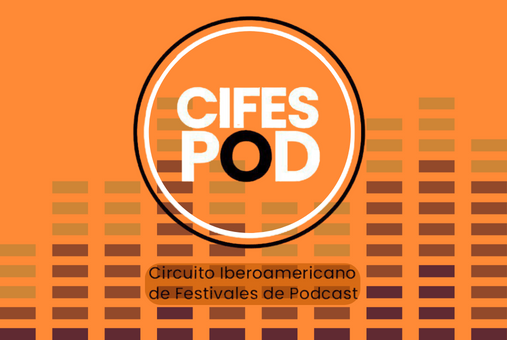
Seven podcast festivals comprise the Ibero-American Circuit of Podcast Festivals (CIFESPOD, by its Spanish acronym). The circuit’s goals include gaining recognition of podcasting as a cultural industry, joining forces for fundraising, creating a Latin American award for best podcast, and strengthening the production of narrative journalism pieces in audio.